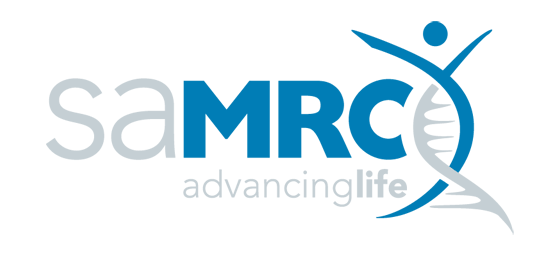Gambling disorder and Methamphetamine (‘tik’) use disorder (MUD)
Do you suffer from gambling disorder (also known as compulsive or pathological gambling) or do you use methamphetamine (‘tik’) regularly?
You can take part in an important new study on the condition that is conducted by the MRC Unit on Anxiety & Stress Disorders at the Universities of Stellenbosch and Cape Town.
The study covers many aspects of these conditions – symptoms, illness severity and impact on the quality of life, while also looking at genetics and the structure of certain brain regions that are implicated.
Gambling disorder (GD) is characterized by the inability to resist gambling despite severe disruption to work, social and family life. Individuals with GD may continually chase their losses, hide their behaviour, tell lies about where they go, how much they spend or owe, accumulate debt, or even resort to theft or fraud to continue gambling. There is no single known cause of GD, but there is evidence suggesting involvement of both genetic and environmental factors.
“Tik” is highly addictive and one of the most common drugs used in the Western Cape. Chronic tik abusers show symptoms that can include violent behaviour, anxiety, confusion and sleep disturbances. They can also display a number of psychotic features, including paranoia, “hearing voices” (auditory hallucinations), mood disturbances and disturbed thinking (i.e. “delusions”, e.g. the sensation of insects creeping on the skin, called “formication”). MUD is also accompanied by functional and molecular changes in the brain.
Eligibility criteria:
• Should be between 18 and 65 years old
• Right-handed
• Diagnosed with or suspect they have one of the above conditions
• Preferably not be on any chronic psychiatric medication at the time of participation
What does participation involve?
3 sessions:
1) Undergoing a screening interview and diagnostic assessment , filling out of self-report questionnaires and taking a blood sample for genetic analysis.
2) If suitable for the study, participants undergo brain scanning during the next session.
3) Completion of a number of computerized and paper-and-pen brain tasks.
Participation is cost-free.
This is not a treatment study. However, if you interested in treatment, options will be discussed with you, and referral arranged.
If you want more information or want to participate, please contact:
Prof Christine Lochner, tel: 021 – 938 9179, e-mail: cl2@sun.ac.za
Dr Samantha Brooks: e-mail: drsamanthabrooks@gmail.com




